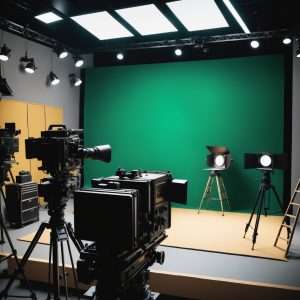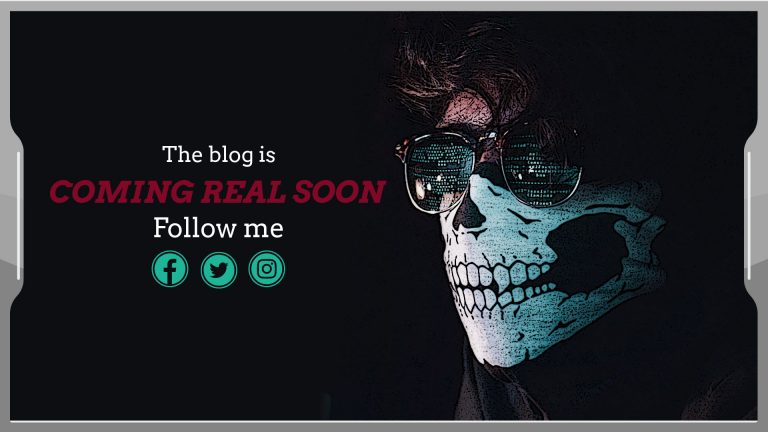Zombie Bunny is Reader-supported and may earn an affiliate commission through links on our site.
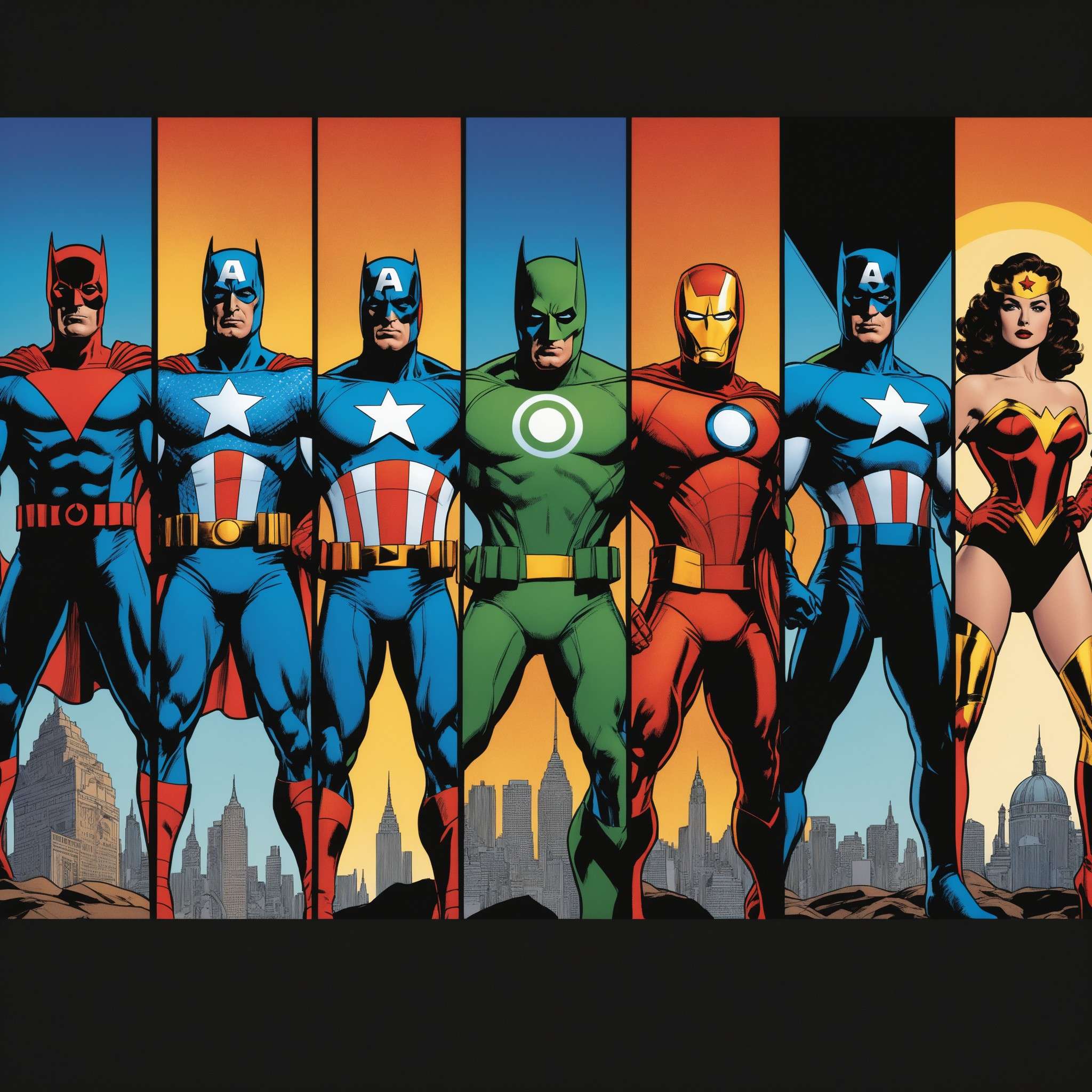
Unmasking Marvel: The Unexpected Evolution of Superhero Cinema
Dive into the captivating transformation of Marvel movies through time. Explore how comic book characters turned into beloved cinematic heroes. #MarvelEvolution #MarvelMovies
Explore the captivating evolution of Marvel’s superhero cinema in this in-depth blog post. Uncover how Marvel’s innovative storytelling methods transformed comic book narratives into cinematic masterpieces. Understand how modern technology and effects have enhanced the storytelling process, and discover Marvel’s profound influence on the superhero genre and the film industry. Learn about the studio’s commitment to diversity and representation, and gaze into the future of upcoming Marvel films, new characters, and potential storylines. This post provides a comprehensive understanding of Marvel’s unanticipated evolution in superhero cinema, shedding light on its enduring appeal and its role in redefining the cinematic landscape.
Introduction: Enter the Marvel Cinematic Universe
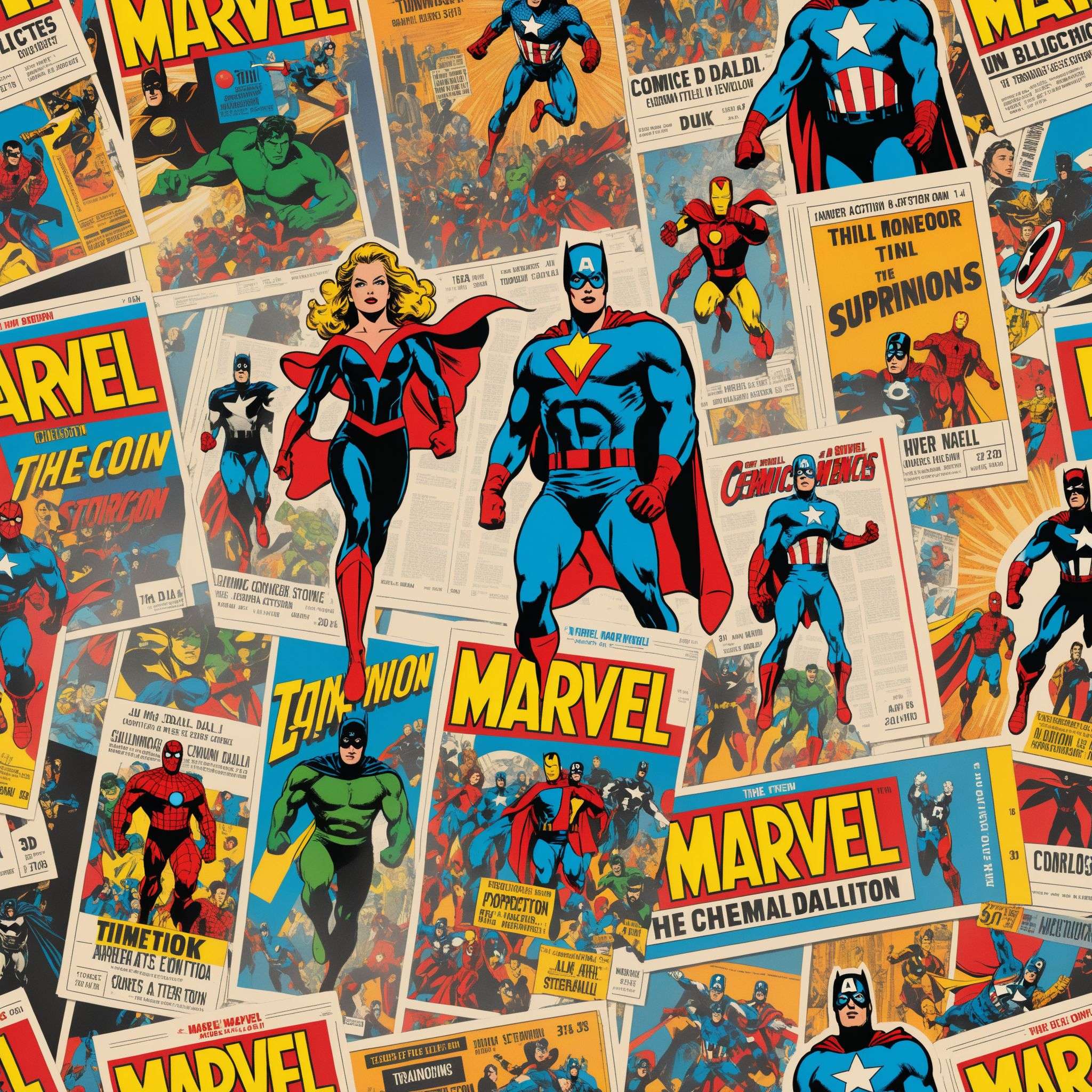
© Copyright , ZombieBunny.Org
Brief on Marvel Comics and introduction to the Marvel Cinematic Universe
Marvel Comics, the name that instantly strikes a chord with fans of superhero storytelling, has been a dominant force in the industry since its inception in 1939. With a vast universe inhabited by iconic characters like Spider-Man, Iron Man, and the Avengers, it has captivated the imaginations of millions globally. However, it was the advent of the Marvel Cinematic Universe (MCU) in 2008 that revolutionized popular culture and reshaped the landscape of superhero cinema.
The MCU, initiated by Marvel Studios, is a shared universe where elements from one product cross over into others, creating a complex web of interconnected narratives. Starting with ‘Iron Man’, the MCU has spawned a series of successful films, captivating audiences with their unique blend of action, drama, and humor. The introduction of the MCU marked a significant shift in the superhero genre, ushering in a new era of blockbuster cinema that goes beyond mere entertainment, offering a rich, immersive experience.
The birth of Superhero Cinema and its impact on popular culture
Superhero cinema, a genre that gained traction in the late 1970s, has evolved into a global phenomenon, largely due to Marvel’s influence. The birth of this genre can be traced back to Richard Donner’s ‘Superman’ (1978) and Tim Burton’s ‘Batman’ (1989), which laid the groundwork for what was to come. However, it was Marvel Studios’ innovative approach that transformed superhero cinema into something more than just flashy action sequences and spectacle.
From its inception, Marvel’s films have deeply embedded themselves into popular culture, impacting not only entertainment but also fashion, language, and social discourse. The characters, their catchphrases, and iconic scenes have resonated with audiences, creating a unique cultural phenomenon. This impact on popular culture is a testimony to Marvel’s success in creating relatable characters and compelling narratives. The genre has evolved from a niche segment to a mainstream juggernaut, shaping the way we perceive and consume cinema.
Overview of this blog post
In this blog post, we will delve into the fascinating journey of Marvel’s evolution in the realm of superhero cinema. Beginning with Marvel Studios’ humble beginnings, we’ll explore how the studio’s innovative storytelling methods transformed comic book narratives into cinematic masterpieces. We’ll discuss the transition from comic book pages to the silver screen, illustrating how modern technology and effects have enhanced the storytelling process.
Further, we’ll highlight Marvel’s profound influence on the superhero genre and the film industry at large, discussing its commercial success and cultural impact. We’ll also examine how Marvel has fostered a diverse superhero world, transcending traditional norms and expectations. Finally, we’ll gaze into the future, speculating about upcoming Marvel films, new characters, and potential storylines. This post aims to provide an in-depth understanding of Marvel’s unanticipated evolution in superhero cinema, shedding light on its enduring appeal and its role in redefining the cinematic landscape.
Marvel’s Mighty Beginnings: The Early Days of Superhero Cinema
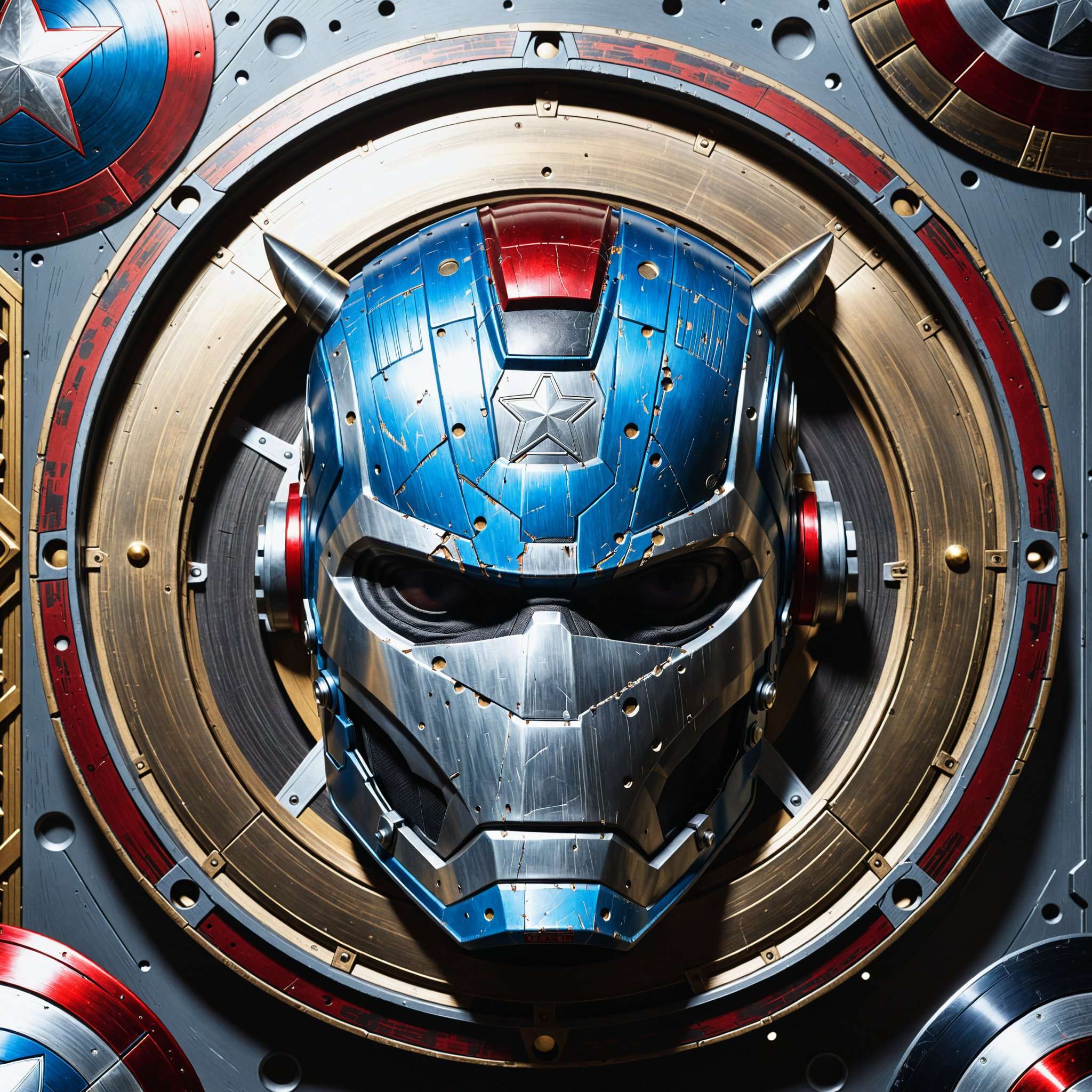
© Copyright , ZombieBunny.Org
The first superhero movies and their reception
The genre of superhero cinema took its first significant strides with Richard Donner’s ‘Superman’ in 1978 and Tim Burton’s ‘Batman’ in 1989. These films, although not part of the Marvel franchise, were instrumental in setting the stage for the superhero movies to come. With their novel special effects and compelling narratives, they captivated audiences and set box office records, demonstrating the potential of the genre.
The reception of these early superhero films was overwhelmingly positive, as they offered a refreshing departure from conventional cinema themes. They breathed life into beloved comic book characters, transforming them into larger-than-life figures on the big screen. This successful translation from comic book to film sparked a trend that continues to this day, laying the foundation for the Marvel Cinematic Universe. These early triumphs played a pivotal role in shaping the future of Marvel’s superhero cinema, setting the tone for the phenomenal success that was to follow.
Early days of Marvel Studios and their first superhero films
Marvel Studios, initially a subsidiary of Marvel Entertainment, ventured into film production with ‘Iron Man’ in 2008. Their early days were characterized by calculated risks and innovative storytelling, a strategy that would soon pay off. The success of ‘Iron Man,’ directed by Jon Favreau and featuring Robert Downey Jr. as Tony Stark, marked a significant turning point for Marvel.
Their initial superhero films, including ‘The Incredible Hulk’ and ‘Thor’, were not just box office hits, but they also received acclaim for their engaging narratives and character development. These films introduced audiences to a new era of superhero cinema, one that was deeply rooted in the original comic book lore yet innovative in its presentation. They laid the groundwork for the Marvel Cinematic Universe, establishing a shared universe concept that would become a defining feature of Marvel’s approach to storytelling. These early successes provided Marvel with a solid foundation upon which they have continued to build, creating a cinematic universe that remains unparalleled.
Marvel’s early approach to storytelling and character development
In the early days, Marvel’s approach to storytelling and character development was a fundamental departure from traditional superhero cinema. They focused on humanizing their characters, ensuring that audiences could relate to their struggles and triumphs. Characters like Tony Stark and Bruce Banner were portrayed as flawed individuals trying to grapple with their powerful alter-egos, grounding these fantastical stories in reality.
Moreover, Marvel was innovative in its storytelling approach. The studio adopted a serialized format, building an intricate web of interconnected narratives spanning multiple films. This allowed for a deeper exploration of characters and their arcs, resulting in a richer cinematic experience for the audience. This approach also set the stage for epic crossover events, culminating in the ‘Avengers’ series. Marvel’s early focus on character-driven narratives and interconnected storytelling has been a crucial factor in its success, establishing a compelling universe that continues to captivate audiences worldwide.
From Page to Screen: The Evolution of Marvel’s Storytelling
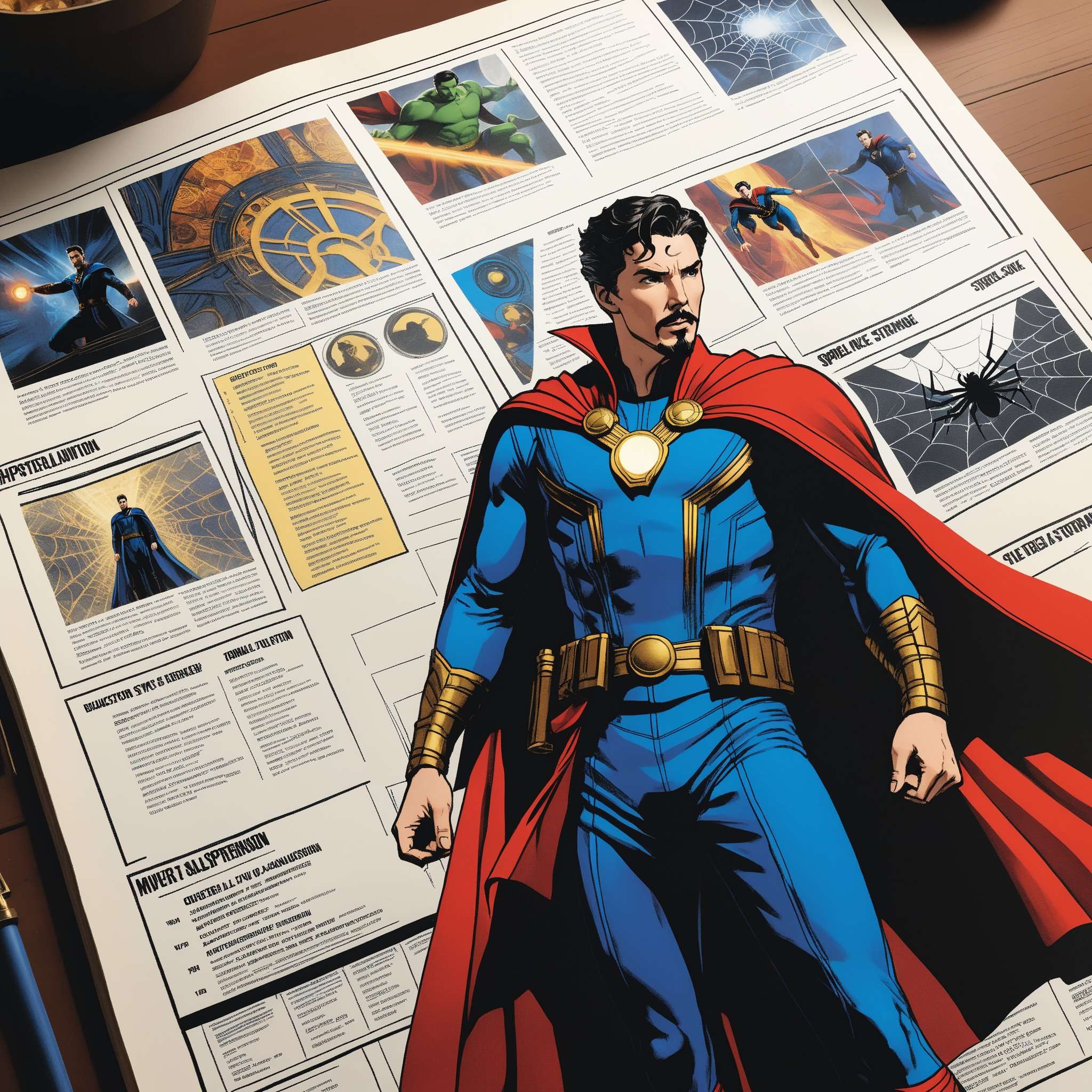
© Copyright , ZombieBunny.Org
The transition from comic books to films
The transition of Marvel’s superheroes from comic book pages to the silver screen is a testament to the studio’s storytelling prowess. They successfully transformed two-dimensional comic book characters into fully-fledged cinematic personas, maintaining the essence of the original material while adding depth and complexity. This process wasn’t without its challenges, as it required a delicate balance between honoring the source material and adapting it for a new medium.
The success of this transition lies in Marvel’s commitment to character integrity and their respect for the comic book lore. They ensured that characters retained their iconic traits while also evolving to fit into the narrative requirements of cinema. The result is a seamless transition that not only satisfied hardcore comic book fans but also attracted a broader audience. This successful transition from page to screen has been a critical factor in Marvel’s domination of the superhero genre, demonstrating their ability to adapt and innovate.
Influence of modern technologies and effects on the storytelling
Modern technologies and special effects have played a pivotal role in the evolution of Marvel’s storytelling. With advances in CGI, motion capture, and visual effects, Marvel has been able to bring its larger-than-life characters and their extraordinary powers to life on the big screen. These technological advancements have enabled the studio to create visually stunning and immersive cinematic experiences, enhancing the narrative and capturing the audience’s imagination.
From the intricately designed Iron Man suit to the realistic portrayal of Hulk’s transformation, the influence of technology on Marvel’s storytelling is evident. Moreover, these technologies have allowed for the creation of fantastical settings, like the cosmic realms of ‘Guardians of the Galaxy’ or the quantum realm in ‘Ant-Man’. The use of modern technologies has not only enriched Marvel’s storytelling but has also set new benchmarks in the realm of superhero cinema, pushing the boundaries of what’s possible in filmmaking.
How Marvel manages to keep the essence of comic books alive in their films
Marvel’s success in the cinematic arena can be attributed to its ability to maintain the essence of its comic books in its films. Despite the shift from page to screen, Marvel has preserved the core elements that make its comics so beloved. This includes the iconic characters, their unique abilities, the intricate relationships, and the dramatic yet often humorous storytelling.
One way Marvel achieves this is by collaborating closely with comic book writers and artists during the filmmaking process, ensuring the films stay true to their comic book roots. They also maintain a balance between the fantastical and the real, grounding their superhero narratives in relatable human experiences. Furthermore, the studio embraces the serialized storytelling format of the comics, creating interconnected narratives across films, much like the narrative arcs in comic book series. By keeping the essence of the comics alive, Marvel has bridged the gap between comic book fans and moviegoers, creating a unique, immersive cinematic universe.
Redefining the Genre: The Impact of Marvel on Superhero Cinema
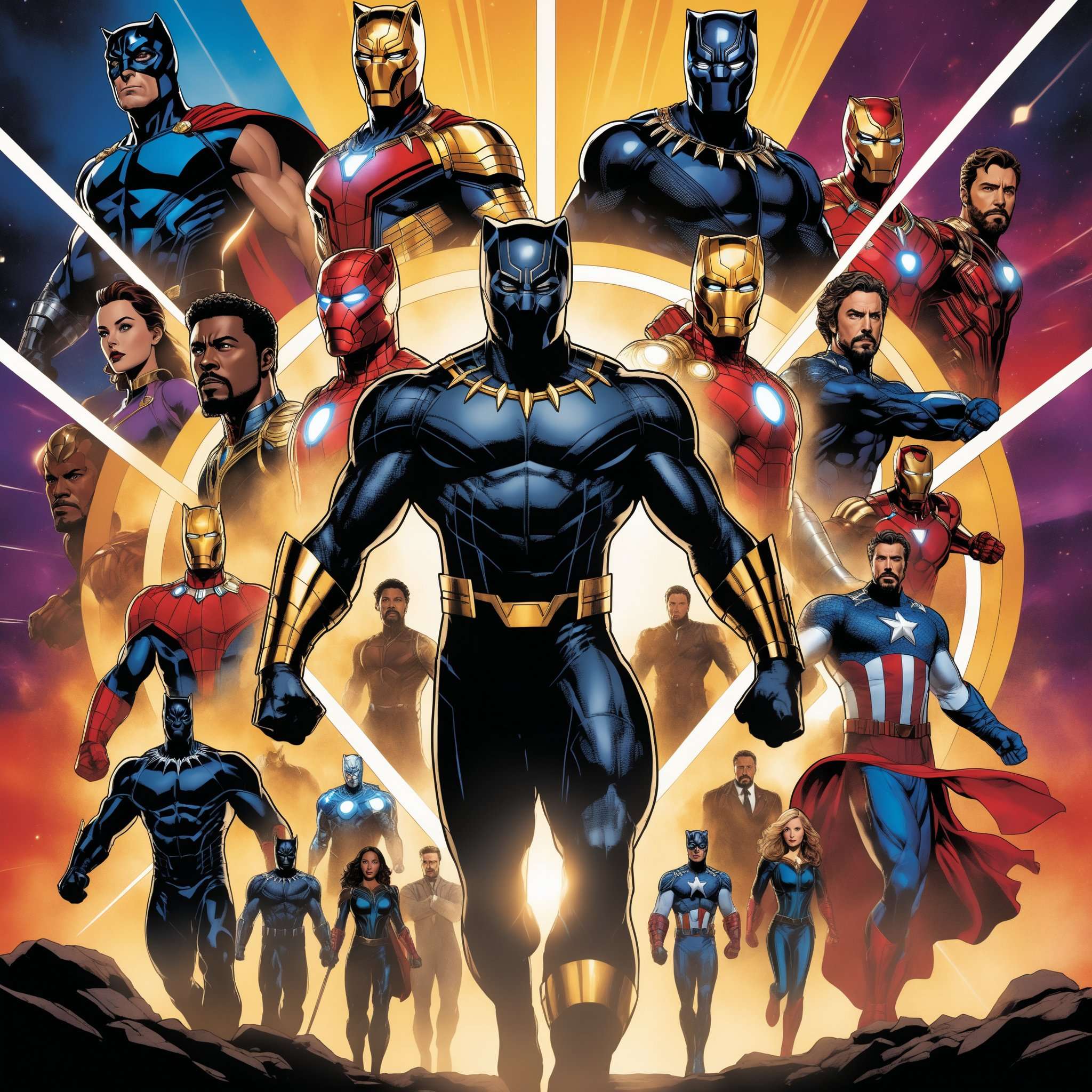
© Copyright , ZombieBunny.Org
Marvel’s influence on the genre and film industry
Marvel’s influence on the superhero genre and the broader film industry is undeniably immense. They revolutionized the genre by introducing the concept of a shared cinematic universe, a strategy that has been emulated by numerous other franchises. The Marvel Cinematic Universe (MCU) weaves together multiple storylines and characters, creating a continuity across films that was unprecedented in the industry.
Moreover, Marvel’s character-centric storytelling approach has set new standards in the genre. Their focus on character development and emotional depth has redefined the superhero archetype, making their characters more relatable and engaging. This has shifted audience expectations and influenced the way other studios approach superhero narratives.
In addition, Marvel’s success has had a significant economic impact on the film industry. Their films consistently achieve high box office revenues, proving the commercial viability of the genre. This success has encouraged investment in superhero films, contributing to the genre’s current dominance in the industry.
The commercial success of Marvel films
The commercial success of Marvel films is a testament to their widespread appeal and the studio’s strategic approach to filmmaking. Since the release of ‘Iron Man’ in 2008, the Marvel Cinematic Universe has grown to become one of the highest-grossing film franchises of all time, boasting a plethora of box office hits.
Marvel’s unique blend of action, drama, humor, and character-driven narratives has resonated with audiences globally, resulting in impressive ticket sales. Moreover, their innovative concept of a shared universe has encouraged repeated viewings, as fans eagerly follow the interconnected storylines across multiple films.
Their commercial success extends beyond box office revenues, with substantial earnings from merchandise, home video sales, and licensing deals. This commercial prowess has not only boosted Marvel Studios but has also had a significant impact on the overall film industry, demonstrating the lucrative potential of the superhero genre.
Marvel’s cultural impact and a look into a diverse superhero world
Marvel’s cultural impact extends far beyond the realm of cinema. The studio’s diverse roster of superheroes has broken down barriers, promoting inclusivity and representation in a genre that was traditionally dominated by a certain type of hero. Characters like Black Widow, Black Panther, and Shang-Chi have challenged stereotypes and carved out space for diverse voices and stories in the superhero world.
The cultural significance of films like ‘Black Panther’, which celebrates African culture and heritage, and ‘Captain Marvel’, Marvel’s first female-led superhero film, cannot be overstated. These films have resonated with audiences globally, sparking conversations about representation and diversity in mainstream cinema.
Moreover, Marvel’s narratives often touch upon relevant social issues, fostering a deeper connection with the audience. Their influence on popular culture, from fashion trends to social discourse, is profound. By creating a diverse superhero world, Marvel has not only expanded the genre’s appeal but has also used its platform to inspire and influence societal change.
Conclusion: The Future of Superhero Cinema with Marvel
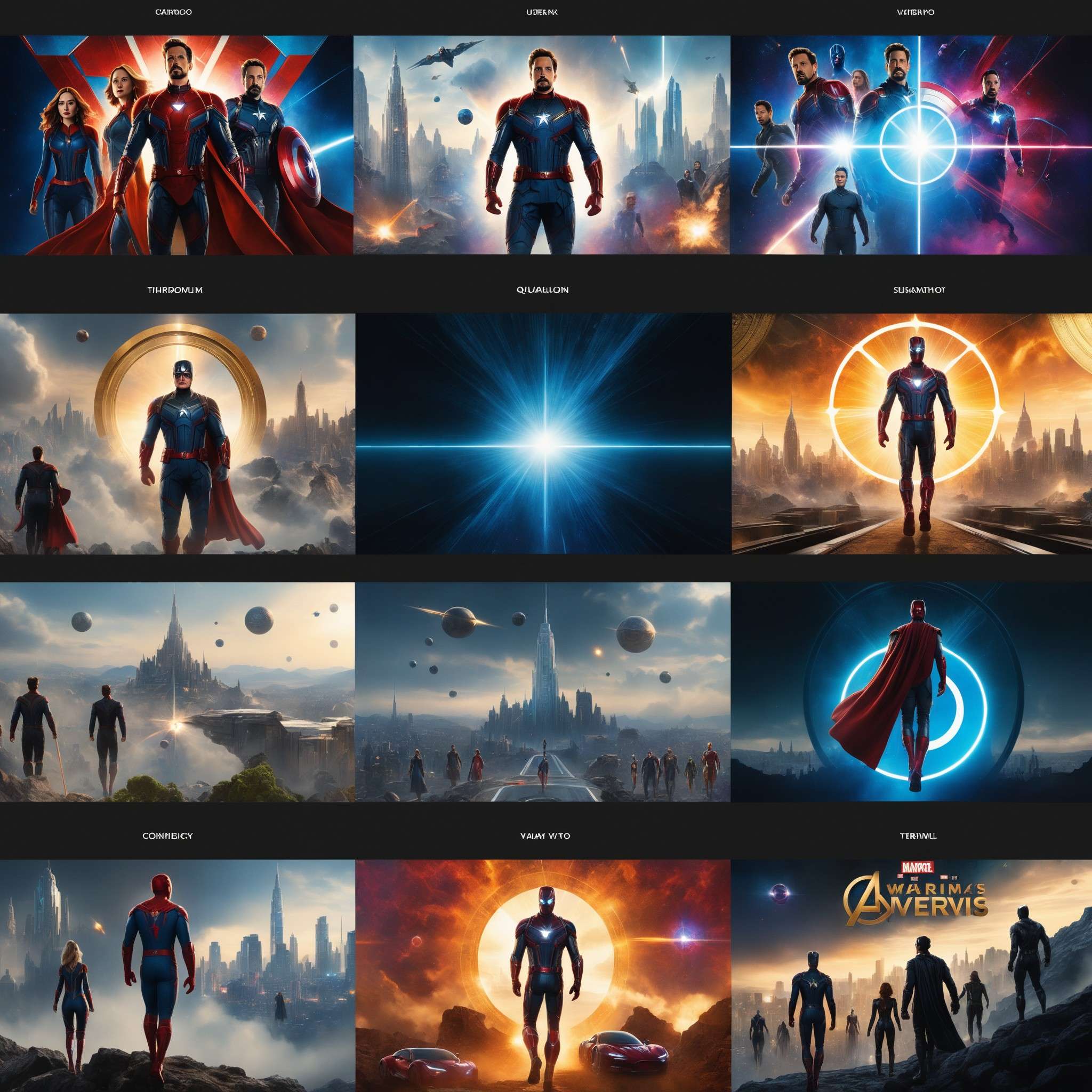
© Copyright , ZombieBunny.Org
Predictions and expectations for future Marvel films
As we look towards the future, the anticipation for upcoming Marvel films remains high. The studio has demonstrated its ability to constantly innovate and keep audiences engaged, setting high expectations for their future projects. Based on Marvel’s track record and the hints they’ve dropped in recent films, we can expect an expansion of the Marvel Cinematic Universe into new realms, both literally and figuratively.
In terms of predictions, it’s likely we’ll see a further exploration of the cosmic and multiverse aspects of the MCU, as hinted in films like ‘Doctor Strange’ and ‘Guardians of the Galaxy’. We can also anticipate a continued focus on diversity and representation, with upcoming films featuring a broader range of characters and narratives. Whatever the future holds, one thing is certain: Marvel will continue to push the boundaries of superhero cinema, keeping audiences hooked with their unique blend of action, drama, humor, and heart.
Marvel’s plan to expand the universe with new characters and storylines
Marvel Studios has always been forward-thinking, continually expanding their universe with new characters and storylines. They have a robust lineup of future projects, promising to introduce audiences to new heroes, villains, and narratives. From ‘The Eternals’ featuring a diverse cast of celestial beings to ‘Shang-Chi and the Legend of the Ten Rings’ introducing the first Asian superhero lead, Marvel’s commitment to diversity and representation continues to be evident.
Additionally, Marvel is delving deeper into the multiverse concept, opening up a plethora of storytelling possibilities. This can be seen in the upcoming ‘Doctor Strange in the Multiverse of Madness’ and the ‘Loki’ series. The studio is also venturing into unexplored territories of their universe, with plans for films and series based on characters like Ms. Marvel, Moon Knight, and She-Hulk.
Marvel’s plans to expand their universe signals an exciting future for fans, promising a continued evolution of superhero cinema that remains engaging, inclusive, and unconventional.
Final summary and the enduring appeal of Marvel’s Superhero Cinema
In conclusion, Marvel’s unexpected evolution in superhero cinema has been a journey of innovation, risk-taking, and steadfast commitment to character-driven storytelling. From their humble beginnings to their current status as a global cinematic powerhouse, Marvel has reshaped the superhero genre, setting new benchmarks in filmmaking.
The enduring appeal of Marvel’s superhero cinema lies in its ability to connect with audiences on a deeper level. Their films are not just about spectacle and action; they are about characters we care about, stories that resonate, and a universe that feels alive and interconnected. Marvel has created a cinematic world that mirrors our own in its diversity, complexity, and capacity for both tragedy and triumph.
As we look to the future, we can expect Marvel to continue pushing the boundaries of what’s possible in superhero cinema, expanding their universe with new characters and narratives. Undoubtedly, the Marvel Cinematic Universe will continue to captivate audiences worldwide, maintaining its unique appeal in an ever-evolving industry.
Please support our site and purchase something from our store.


